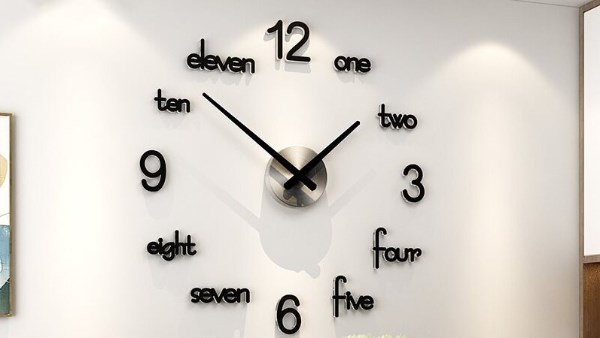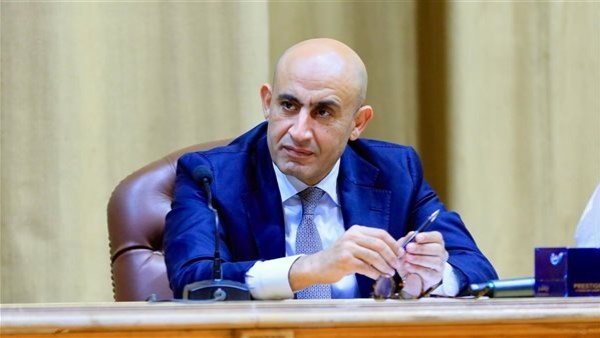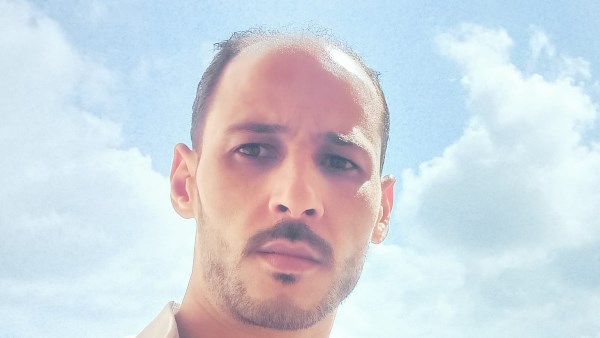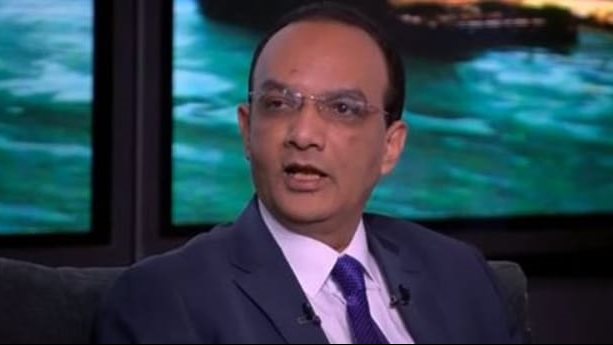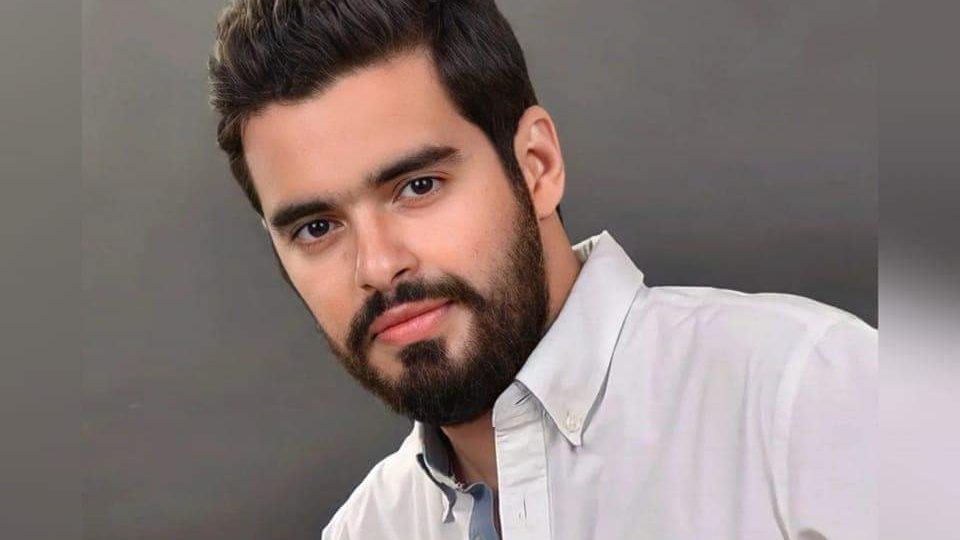Snowden admires NSA spying changes

American whistleblower Edward Snowden says there has been a profound difference following his revelations that the US National Security Agency has been spying on people around the world.
In an article published in The New York Times on Thursday, the former NSA contractor called ending the mass surveillance of private phone calls under the Patriot Act “a historic victory for the rights of every citizen, but it is only the latest product of a change in global awareness.”
In June 2013, Snowden disclosed that the NSA was snooping on almost every phone call in the United States.
The revelations angered the American people and sparked many protests against the illegal activities across the country.
“Two years on, the difference is profound. In a single month, the NSA’s invasive call-tracking program was declared unlawful by the courts and disowned by Congress,” Snowden said.
“After a White House-appointed oversight board investigation found that this program had not stopped a single terrorist attack, even the president who once defended its propriety and criticized its disclosure has now ordered it terminated,” he wrote.
Earlier this week, the United States limited the NSA’s spying powers by replacing the Patriot Act with the USA Freedom Act.
The Senate approved a bill on Tuesday that will allow resumption of the government’s surveillance program after some modifications.
US President Barack Obama is expected to sign the USA Freedom Act after it was approved by the Senate.
After it is passed into law by the US president, the NSA’s spying program would resume but with a number of changes.
The legislation is expected to end the NSA’s bulk collection of telephone calls in the United States while it preserves some other surveillance authorities.
Although the USA Freedom Act would curtail some of NSA’s now-expired powers it gained under the Patriot Act in the wake of the September 11 attacks in 2001, it would authorize the agency to still track those potentially deemed as threats.
Collecting the records would then be carried out by telephone companies, which, through court orders, would make specific ones available to the government.
Snowden also said yet the balance of power is beginning to shift.
“We are witnessing the emergence of a post-terror generation, one that rejects a worldview defined by a singular tragedy. For the first time since the attacks of Sept. 11, 2001, we see the outline of a politics that turns away from reaction and fear in favor of resilience and reason,” he said.American whistleblower Edward Snowden says there has been a profound difference following his revelations that the US National Security Agency has been spying on people around the world.
In an article published in The New York Times on Thursday, the former NSA contractor called ending the mass surveillance of private phone calls under the Patriot Act “a historic victory for the rights of every citizen, but it is only the latest product of a change in global awareness.”
In June 2013, Snowden disclosed that the NSA was snooping on almost every phone call in the United States.
The revelations angered the American people and sparked many protests against the illegal activities across the country.
“Two years on, the difference is profound. In a single month, the NSA’s invasive call-tracking program was declared unlawful by the courts and disowned by Congress,” Snowden said.
“After a White House-appointed oversight board investigation found that this program had not stopped a single terrorist attack, even the president who once defended its propriety and criticized its disclosure has now ordered it terminated,” he wrote.
Earlier this week, the United States limited the NSA’s spying powers by replacing the Patriot Act with the USA Freedom Act.
The Senate approved a bill on Tuesday that will allow resumption of the government’s surveillance program after some modifications.
US President Barack Obama is expected to sign the USA Freedom Act after it was approved by the Senate.
After it is passed into law by the US president, the NSA’s spying program would resume but with a number of changes.
The legislation is expected to end the NSA’s bulk collection of telephone calls in the United States while it preserves some other surveillance authorities.
Although the USA Freedom Act would curtail some of NSA’s now-expired powers it gained under the Patriot Act in the wake of the September 11 attacks in 2001, it would authorize the agency to still track those potentially deemed as threats.
Collecting the records would then be carried out by telephone companies, which, through court orders, would make specific ones available to the government.
Snowden also said yet the balance of power is beginning to shift.
“We are witnessing the emergence of a post-terror generation, one that rejects a worldview defined by a singular tragedy. For the first time since the attacks of Sept. 11, 2001, we see the outline of a politics that turns away from reaction and fear in favor of resilience and reason,” he said.






